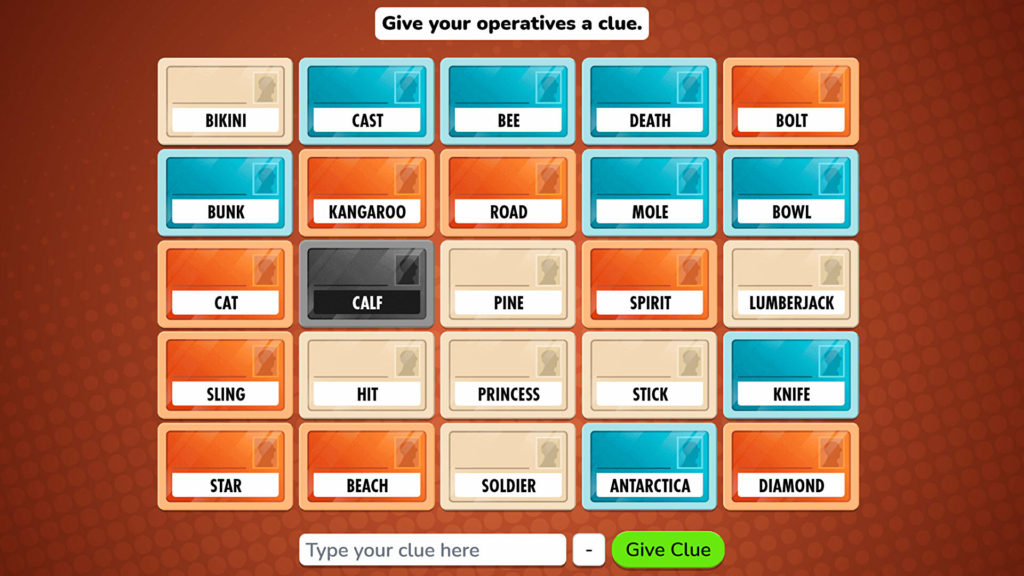Especially since the 2020 pandemic, we have seen a rise in online multiplayer games like Skribbl, Gartic Phone, Codenames, etc. As opposed to other competitive titles, they place a bigger focus on virtual gatherings and group bonding. In Tuesday’s class, I’ve struggled to find a category of multiplayer games that they fall into. A question I’ve since wondered was how, and if we can provide a rationale and generalization for the genre. Due to the length of this blog post, I will be sharing a few observations I made through my experience with these games.
Many party games involve cooperation of some sort, often towards a common objective. This type of cooperation enforces bonding between players by involving them with one another. Many designers tend to make their goals intentionally vague or up to the player. Codenames, for examples, makes the player guess certain words, while their teammate comes up with clues to help them. This set of actions seem completely mechanical in execution, but it’s the players that determine how they carry out the chain of hints and responses. This prompts players to strategize based on what they know about each other, and guess on whether or not their teammate will take certain hints. It’s a chaotic mess of information exchanges, but it brings the player closer in the process.

These games also tend to be played with voice chats. They essentially create visual spaces for the group to socialize, as Discord to an audio platform. Different strategies also prompt the rise of metagames, further driving involvement in the game space. This also echoes our discussion in Thursday’s class about why video games are such an important study. Multiplayer party games are a prime demonstration of their social significance, and I think it is interesting to analyze how we build game spaces that enable human connections.

Party games are one of my favorites. I love how different each game is because the social interactions between players change the game. I think it is really interesting how online spaces and games were so popularized during the early stages of the pandemic. I’ve never thought about how these online games created a visual space for people to hang out.